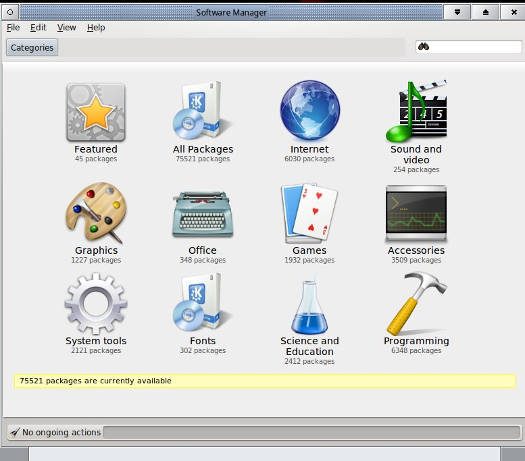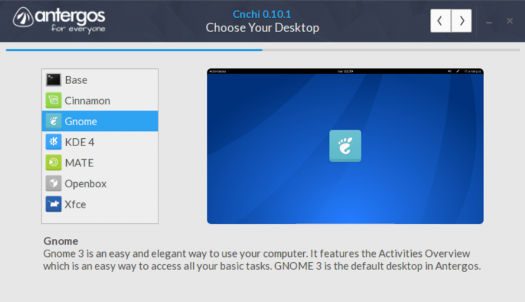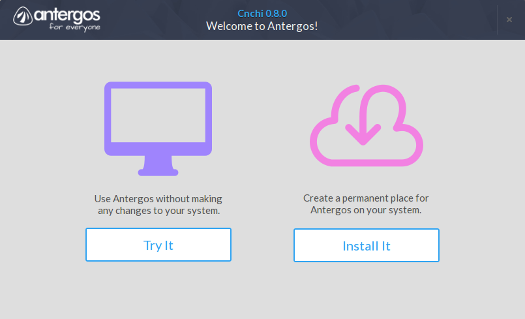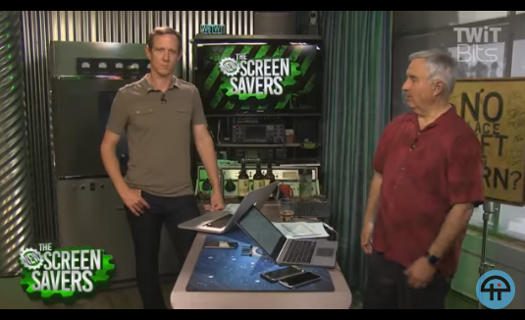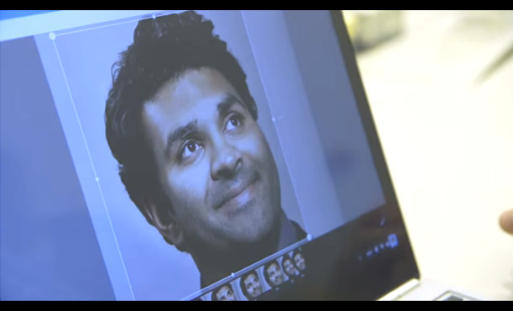Some new GNU/Linux users understand right away that Linux isn’t Windows. Others never quite get it. The best distro designers strive to keep both in mind.
The Heart of Linux
Nicky isn’t outwardly remarkable in any way. She’s a thirtysomething who decided to go back to school later in life than most. She spent six years in the Navy until she decided a job offer from an old friend would be a better bet than a career in the armed forces. That happens a lot in any of the post-war military service branches. It was at that job where I met her. She was the regional manager for an eight state trucking broker and I was driving for a meat packing outfit in Dallas.

We became good friends in 2006, Nicky and me. She’s an outgoing spirit, curious about almost anyone whose path she crosses. We had an ongoing Friday night date to go fight in an indoor laser combat arena. It wasn’t rare for us to burn through three 30 minute sessions in a row. Maybe it wasn’t as cheap as a paint ball arena, but it was climate controlled and had a horror game feel to it. It was during one of those outings that she asked me if I could fix her computer.
Ken Starks is the founder of the Helios Project and Reglue, which for 20 years provided refurbished older computers running Linux to disadvantaged school kids, as well as providing digital help for senior citizens, in the Austin, Texas area. He was a columnist for FOSS Force from 2013-2016, and remains part of our family. Follow him on Twitter: @Reglue

